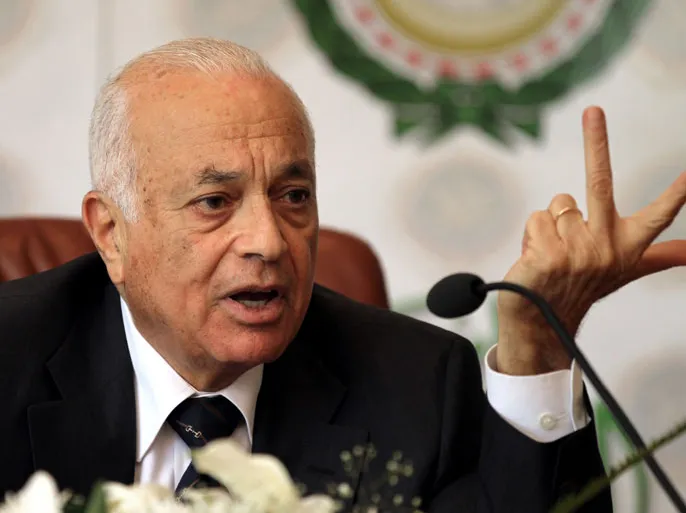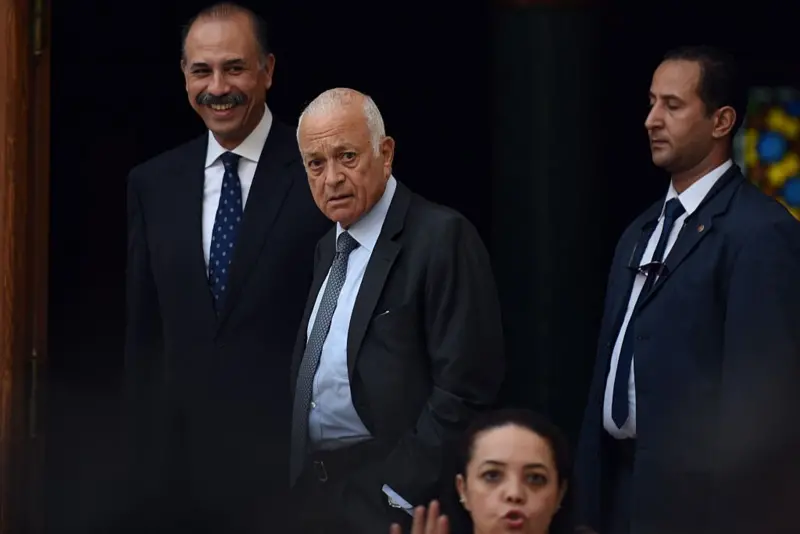Nabil El-Arabi, the former Secretary-General of the Arab League and one of Egypt’s most distinguished diplomats, died in Cairo on Monday at the age of 89. His passing marks the end of a remarkable 50-year career in international diplomacy and law.

El-Arabi’s journey began with a law degree from Cairo University in 1955, followed by advanced degrees in international law from New York University School of Law. His expertise in international law led to pivotal roles, including serving as a legal advisor to President Anwar Sadat during the historic peace talks with Israel.
One of El-Arabi’s most notable achievements was leading the Egyptian team in negotiations to resolve the Taba border dispute with Israel from 1985 to 1989, which resulted in Egypt regaining the territory. His diplomatic skills were further showcased when he advised the Sudanese government on a border dispute with the Sudan People’s Liberation Movement.
El-Arabi’s international prominence grew with his appointment as a judge at the International Court of Justice from 2001 to 2006, following his service on the UN International Law Commission. He also contributed to various legal committees, including the UN Compensation Commission in Geneva and the Stockholm International Peace Research Institute.

His diplomatic career included serving as Egypt’s ambassador to India and as the country’s permanent representative to the UN in both Geneva and New York. However, El-Arabi’s most high-profile role came in the wake of Egypt’s 2011 revolution, when he briefly served as foreign minister before being appointed Secretary-General of the Arab League.
During his single term at the helm of the Arab League, El-Arabi focused on resolving regional conflicts and strengthening the organization’s role in Arab politics. His tenure was marked by efforts to navigate the complex political landscape of the Middle East during a period of significant upheaval.
El-Arabi’s passing represents the loss of a key figure in Arab diplomacy, whose career spanned crucial periods of Middle Eastern history and who played significant roles in shaping regional politics and international law. His legacy as a skilled negotiator, legal expert, and diplomatic leader will continue to influence the field of international relations in the region.



